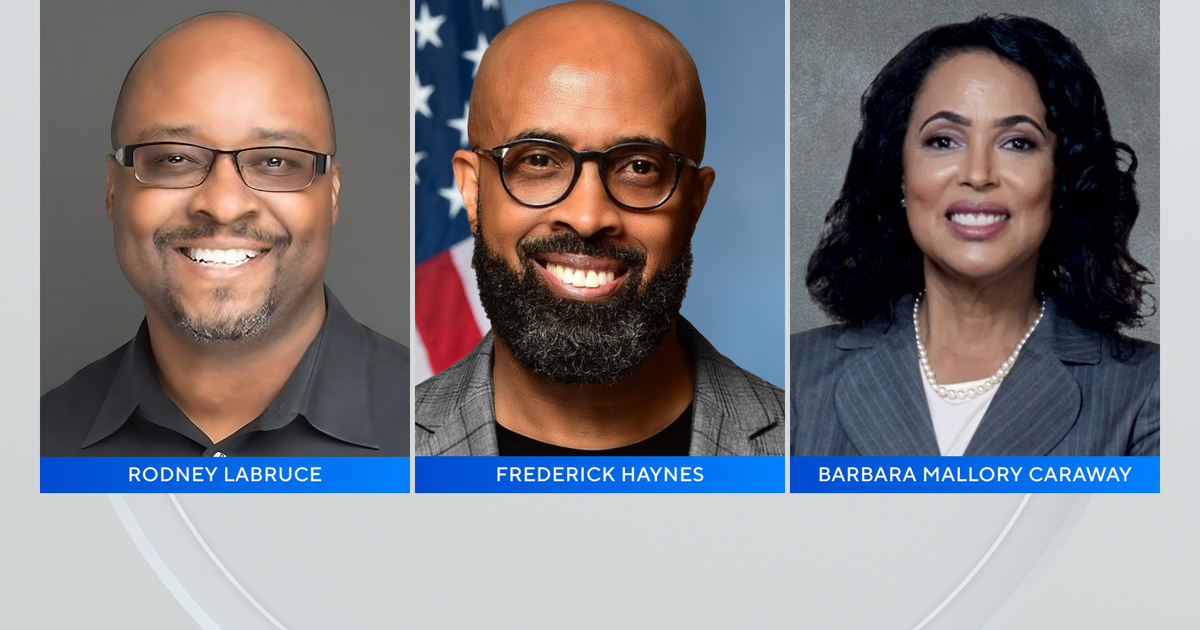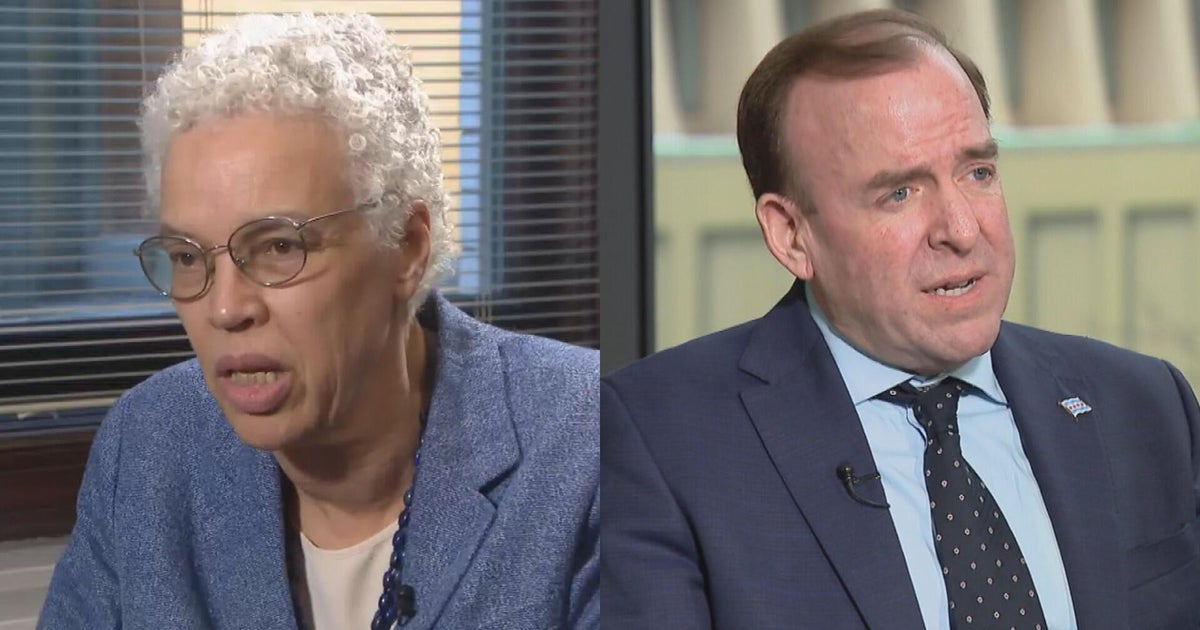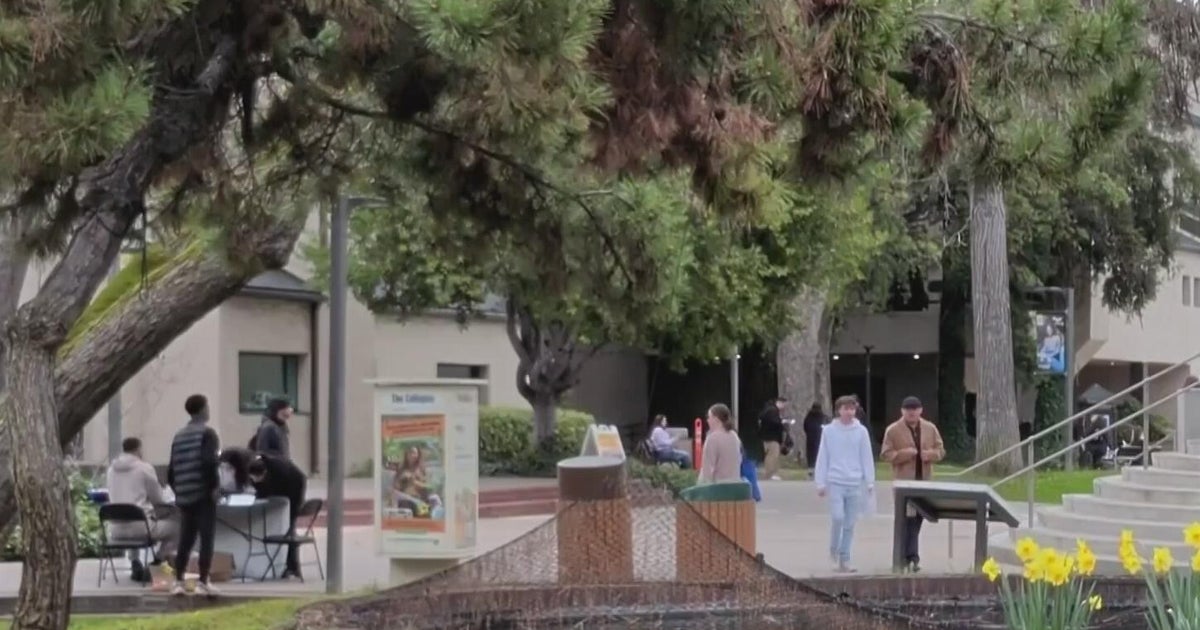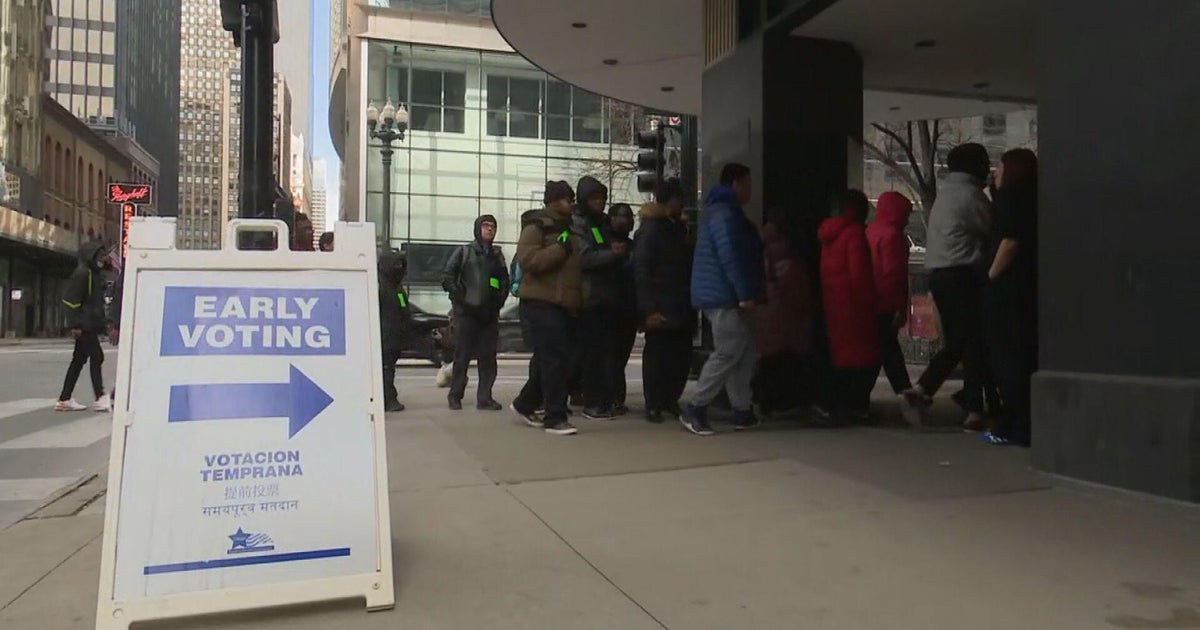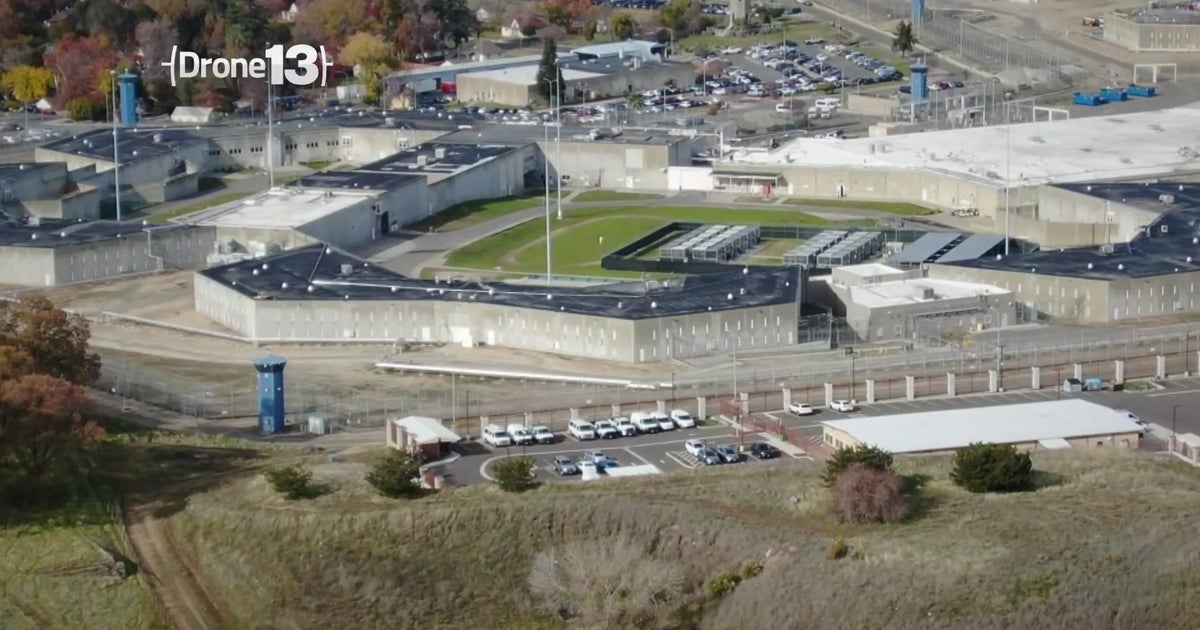Low Turnout In California Primary Despite Sweeping Proposals
SACRAMENTO (CBS / AP) -- U.S. Sen. Dianne Feinstein easily advanced to the November ballot in California's statewide primary Tuesday and early returns showed voters split on adding a $1-a-pack tax on cigarettes to fund cancer research as voters tested some sweeping political reforms.
The primary was the first statewide use of a top-two voting system and newly redrawn legislative and congressional districts. Voters also weighed two ballot initiatives: one to alter legislative term limits, which appeared likely to win, and the tobacco tax.
Proposition 28, which would cut the total time lawmakers could serve in the state Legislature, was leading with about 65 percent of the vote in early returns Tuesday night.
Campaign 2012:
Statewide & Bay Area Results | Election Results Across The State
Feinstein, the 78-year-old incumbent Democrat, easily advanced to the general election, where she will face the next highest vote-getter among the 23 challengers she faced on Tuesday's ballot, 14 of them Republicans.
San Diego and San Jose—the nation's eighth- and 10th-largest cities—were being closely watched as voters decided on heated measures to curb retirement benefits for current government workers. San Diego also has a fierce mayoral fight.
Glendale preschool aide Sharon Miller said she supported the cigarette tax in what she characterized a vote against Big Tobacco.
"Anything that makes cigarettes cost more money is a good thing," she said.
Others who turned out were hopeful that the new top-two system will deliver more competitive contests and more moderate candidates even as they were confronted with a longer, more complicated ballot. In some cases, candidates of the same party are vying to meet again in November.
"I think it helps to level the playing field," said attorney Susan Hyman after casting her Democratic ballot at a skilled nursing facility in Long Beach. "The districts have been too entrenched by party."
State election officials reported few problems at the polls. Voters in Sacramento County may have noticed Chinese added to English and Spanish on their ballots, prompted by the results of the U.S. Census.
Deputy Secretary of State Nicole Winger said about 2,000 people had called in to a voter hotline by Tuesday afternoon, but most simply wanted to know their polling site and registration status. She said the volume was low compared to general elections.
Election officials said traffic was slow throughout the day at many polling sites.
"It looks abysmal," Contra Costa Registrar of Voters Steve Weir said of the low turnout. "It looks like this could be an almost all mail-in ballot elections. It's seemingly that bad."
Weir estimated that about 20 percent of ballots might not be processed Tuesday, which could mean candidates could wait to find out if they make the November runoff.
"The issue is not going to be who's No. 1, but who's No. 2 or 3," Weir said of waiting for the results.
That dynamic could come into play in San Diego, where four well-known candidates ran for a spot in the fall runoff which will feature the top two finishers.
State Assemblyman Nathan Fletcher ran as an independent against Republicans Carl DeMaio, a city councilman, and Bonnie Dumanis, a three-term San Diego County district attorney. U.S. Rep. Bob Filner was the lone Democrat in the race.
DeMaio led with 33 percent of the vote in early returns.
The top-two primary has triggered a new phenomenon where some of the hottest contests are those in which candidates of the same party are vying to meet again in November.
Democrats hope to pick up as many as six seats from California's 53 congressional districts and have been working to register more voters in traditionally Republican-leaning areas of the Central Valley and the Inland Empire region of Southern California.
Voters were deciding on just two statewide ballot measures Tuesday, after the Legislature passed a law moving all future initiatives to general election ballots.
Proposition 28 asked voters if they want to alter California's legislative term limits, which were approved by voters in 1990. The measure would reduce the total number of years lawmakers can serve in the Legislature from 14 to 12, but would allow them to serve all that time in one house. The current term limits are among the strictest in the nation.
Voters also were asked whether to add a $1-a-pack tax to cigarettes to help fund cancer research and anti-smoking campaigns. The measure is backed by cycling legend and cancer survivor Lance Armstrong.
Opponents, including tobacco companies, poured more than $47 million into their campaign, compared with the nearly $18 million raised by supporters.
Both pension proposals drew national attention but differed on details.
San Diego's pension proposal would impose a six-year freeze on pay levels used to determine pension benefits unless a two-thirds majority of the City Council votes to override it. It also would put new hires, except for police officers, into 401(k)-style plans.
Under San Jose's Measure B, current workers would have to pay up to 16 percent of their salaries to keep their retirement plan or accept more modest benefits. New hires would get less generous benefits.
(Copyright 2012 by CBS San Francisco. All Rights Reserved. This material may not be published, broadcast, rewritten, or redistributed.)
